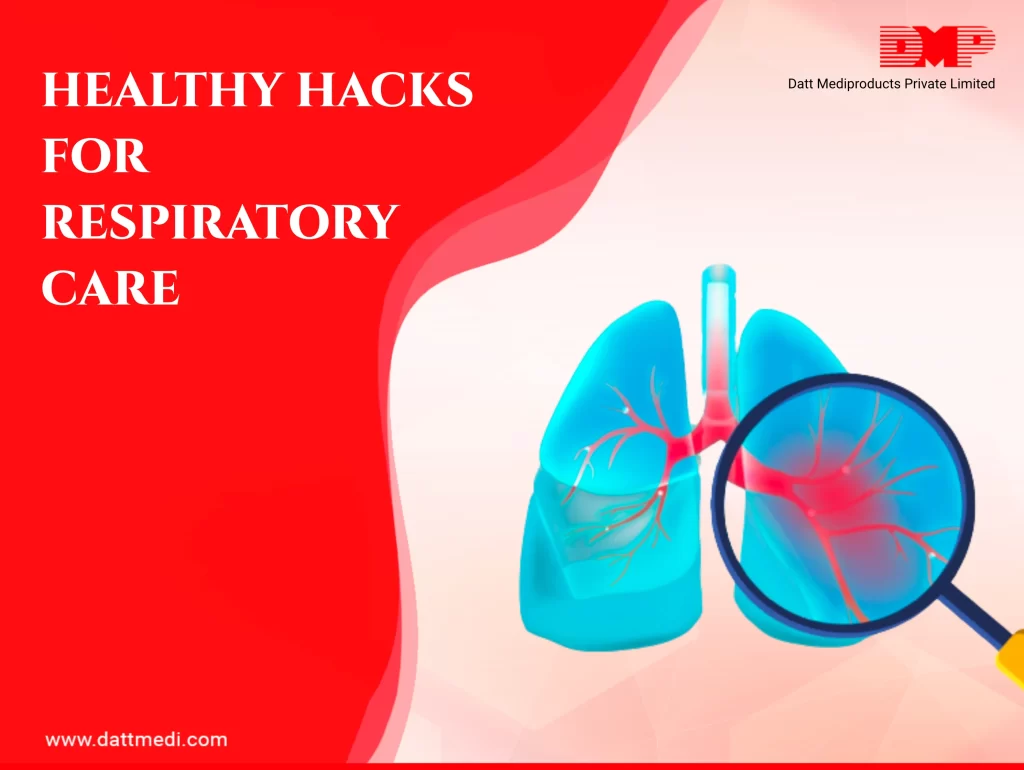
The human respiratory system brings oxygen into the entire body and removes carbon dioxide. Problems with your respiratory system can reduce the amount of oxygen reaching your lungs, which can make you unwell. A study published in the journal PlosONE, shows that our lungs are ageing faster than our bodies.
There are certain ways to undo this effect such as following a healthy diet, exercising regularly, avoid smoking, cleaner environment. These ways also help towards increasing the stamina and capacity of your lungs.
We present a few tips for a healthier respiratory system.
QUIT SMOKING: Smoking is the major cause of lung cancer and COPD. It narrows down the air passages making it difficult to breathe. The chronic inflammation of bronchial tubes lining can lead to chronic bronchitis, which may destroy the lung tissues over a period of time thereby causing cancerous growth. A smoking And Lung Cancer Research published in the National Library of Medicine depicts that 90% of deaths from lung cancer are estimated to be due to smoking.
–MINIMUM EXPOSURE TO POLLUTANTS: Being exposed to pollutants of any kind whether indoor or outdoor can be worrisome for respiratory health.
a) Indoor pollutants may include second hand smoke, dust and chemicals at home or workplace which have the ability to damage your lungs and make you sick. Try to make your car, and home smoke free.
b)Avoid overuse and misuse of electric appliances as they also create air pollution. You may choose to use environmentally safe products instead. By curbing energy use, you can help improve air quality, reduce greenhouse gas emissions, encourage less dependency on energy and ultimately save money too!
c) Exercising outdoors on bad air days, near the high traffic areas or when the pollution levels are high should also be avoided.
–EXERCISE: Being physically active is really important for respiratory health.
a) YOGA: As deep breathing being the centre of all yogic postures, it’s not only good for respiratory health but overall health.
b) SWIMMING: One of the greatest exercises for healthy lungs is Swimming as it enhances lung capacity.
c) CARDIO: You don’t need special gym equipment for doing a cardio. Jogging in place, jumping jacks, jumping ropes can be favourable for lungs health too.
d) BREATHING EXERCISES: Several breathing exercises have been recommended by world renowned institutes such as American Lung Association and John Hopkins University. Incorporating these in daily routine can be highly beneficial for respiratory health.
–EAT A HEALTHY DIET & STAY HYDRATED: Follow a balanced diet with lots of nutrients. Foods with anti-inflammatory properties such as garlic, onion help reduce cholesterol levels. Substitute your unhealthy snacks with natural ones rich in flavonoids, vitamins E &C. Water is essential for blood circulation (to and from the lungs). Hydrated body will have hydrated lungs and it will keep the mucous flowing.
-PREVENT INFECTIONS: Practice good hygiene. It’s not only important for yourself but also for those around you. It’s highly essential especially after the spread of Coronavirus pandemic. As per CDC, wash your hands with soap & water regularly to prevent infections; and also cover your mouth while coughing/ sneezing.
We @dattmediproducts recommend getting check-ups done regularly as there is no better way to take care of respiratory and overall health than following an advice from a certified doctor. Introducing plants into your living spaces can be good for the environment and health both. Above all, avoid leading a sedentary lifestyle and keep yourself active as being sedentary is one of the biggest enemies of healthy lungs.




